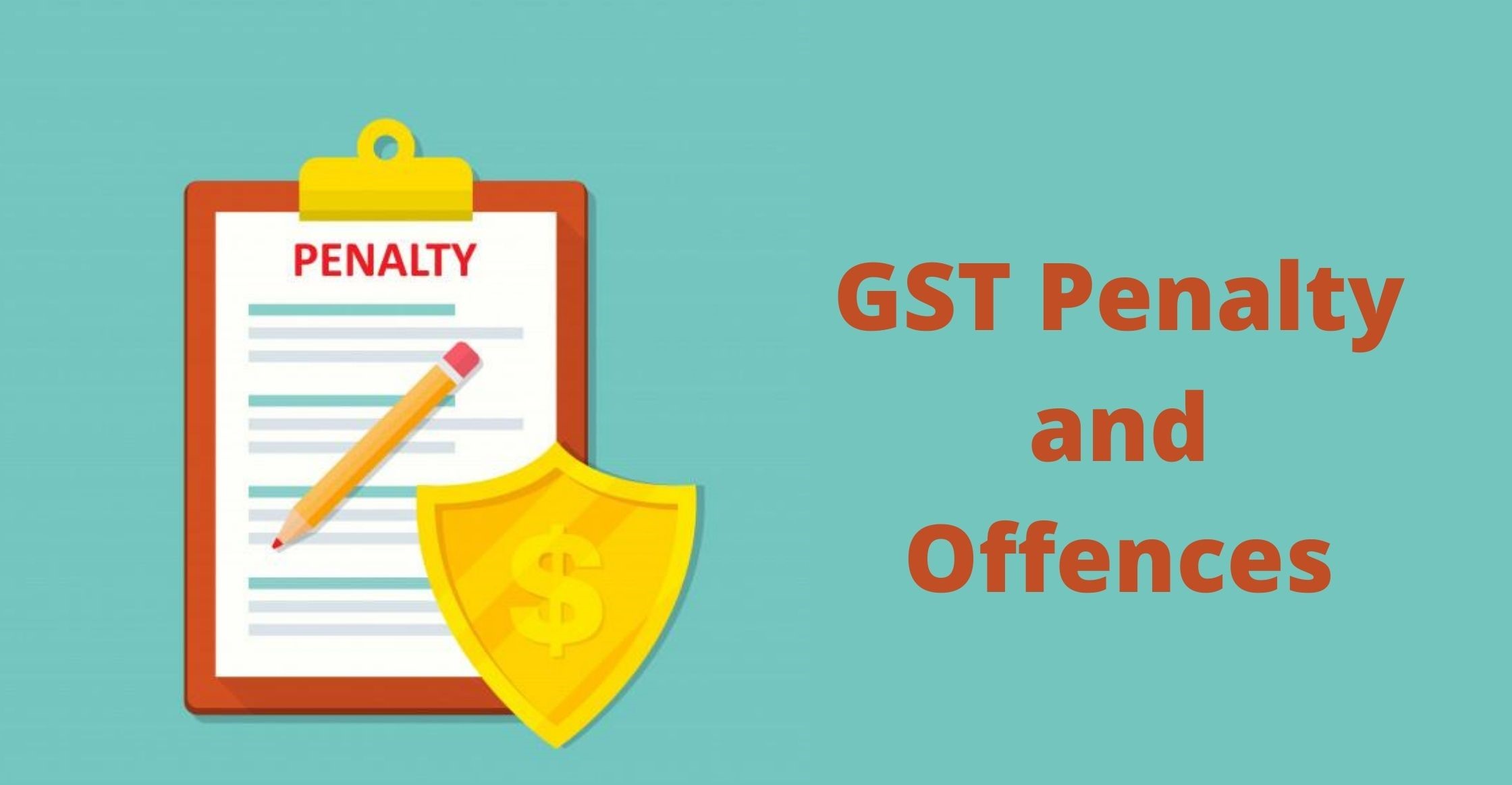Do You Really Need Mens Rea for a GST Penalty? The Law Says No.

🧾 Introduction: A Common Dilemma
“Why am I being penalized when there was no intention to evade tax?”
Taxpayers and professionals frequently echo this question when served with GST notices alleging shortfall or incorrect input tax credit (ITC). Under Section 73 of the CGST Act, 2017, such penalties often feel unfair—especially when there’s no fraud involved.
But the law tells a different story.
⚖️ Understanding GST Penalties: The Legal Framework
🔍 Section 73: Penalty Without Fraud
Section 73 of the CGST Act governs non-fraudulent tax discrepancies, such as:
- Tax unpaid or short-paid,
- Wrong refunds,
- Incorrect ITC claims.
Even without fraudulent intent, a penalty of 10% of the tax amount (or ₹10,000, whichever is higher) applies automatically under Section 73(9).
📘 Key Clause
“…for any reason other than fraud or any wilful misstatement or suppression of facts…” – Section 73(1)
🧾 Difference Between Section 73 and 74
| Section | Applies When | Penalty Type |
|---|---|---|
| 73 | No fraud involved | Fixed penalty (10%) |
| 74 | Fraud/suppression | Up to 100% penalty |
📜 Other Relevant Sections
- Section 122: Penalty for specific offences (e.g. issuing invoices without supply).
- Section 125: General penalty up to ₹25,000.
- Section 126: Suggests leniency but doesn’t require mens rea unless explicitly stated.
🧑⚖️ What the Courts Say: Mens Rea Not Always Needed
🏛️ Key Judicial Precedents by Honorable Supreme Court of India
1. Gujarat Travancore Agency v. CIT (1989)
📌 Held that tax penalties are civil liabilities. No requirement of mens rea unless the statute demands it.
2. Union of India v. Dharamendra Textile Processors (2008)
📌 Penalty for concealment is strict liability—intent is irrelevant.
3. CIT v. Atul Mohan Bindal (2009)
📌 Once tax default is proven, penalty is mandatory unless law provides an exemption.
✅ GST Perspective: Why Mens Rea Isn’t Required
1. Civil, Not Criminal Nature
Section 73 deals with administrative compliance, not moral wrongdoing.
2. Statutory Wording
Errors, negligence, or oversights are still penalized—even when innocent.
3. Legislative Intent
Separate sections for fraud and non-fraud cases show that intent matters only in some cases.
4. Protecting Public Revenue
The purpose is deterrence and revenue protection, not criminal punishment.
5. Due Process Is Still Available
Taxpayers can:
- Dispute tax shortfall,
- Prove genuine error,
- Avail amnesty schemes if applicable.
🚫 Debunking Common Objections
❓ “But I didn’t intend to cheat!”
🧾 Answer: Intent doesn’t matter under Section 73. It’s a civil liability, not a criminal charge.
❓ “Isn’t mens rea essential in law?”
🧾 Answer: Only in criminal law. Tax laws can and do impose strict liability.
❓ “It was an honest mistake!”
🧾 Answer: Honesty doesn’t exempt you—but it may help reduce penalties if disclosed in time.
📝 Conclusion
💡 Key Takeaways
- Section 73 enforces fixed penalties for non-fraudulent defaults.
- Supreme Court rulings back no-fault penalty enforcement in tax matters.
- GST continues this precedent to ensure compliance and deterrence.
🎯 Practical Advice
- Maintain clean records and file timely returns.
- Don’t assume “no intent” is a defense.
- Seek professional guidance at the earliest sign of error.
🔚 Final Word
A “guilty mindset” is central to criminal prosecution—but not tax penalties. Courts have made it clear: civil penalties under GST do not require mens rea. The sooner taxpayers accept this, the better prepared they’ll be to manage compliance in the evolving GST landscape.
Limitation: The purpose of this article is for knowledge sharing purpose. Views expressed in this note are personal views of the author. The same should not be construed as professional advise.





